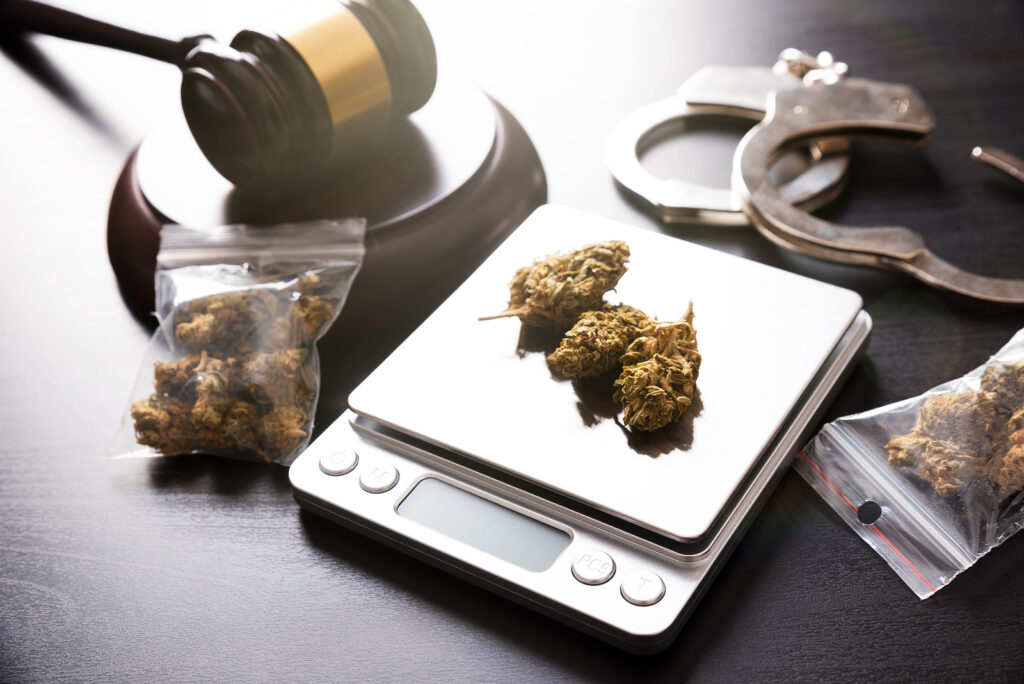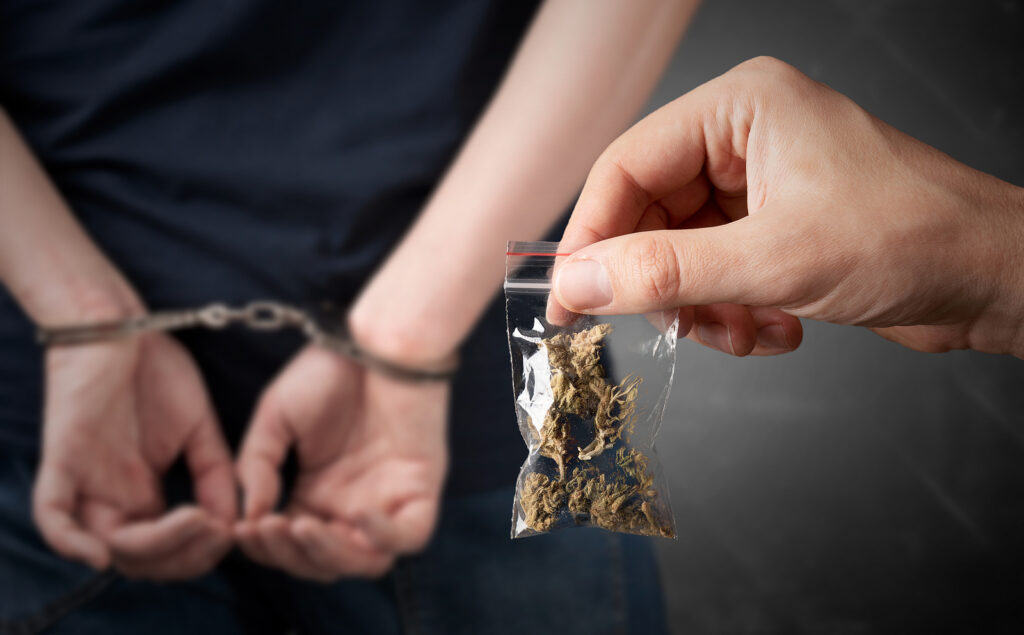Marijuana remains a Schedule I drug under the federal Controlled Substances Act. Thus, under federal law, using or possessing marijuana is illegal. Despite this fact, In the United States, the use of cannabis for medical purposes is currently legal in 37 states (including Florida), four out of five permanently inhabited U.S. territories, and the District of Columbia.
Florida passed its first medical cannabis law in 2014, allowing authorized marijuana doctors to qualify patients for marijuana use starting on January 1, 2015. In 2016, voters in the state voted to update the law and expand the qualifying conditions list. Before this change, marijuana doctors could only write recommendations for patients with terminal illnesses and less than a year to live. In August 2022, Florida regulators set caps on Tetrahydrocannabinol (THC) dosage amounts in medical marijuana products and the supply that doctors can recommend for medical marijuana patients.

In Florida, the Department of Health is charged with promulgating rules and regulations and enforcing the law. The Department of Health registers medical marijuana patients and oversees cannabis certifications, doctor compliance, and dispensary operations.
Florida’s medical marijuana laws have had far-reaching effects on the business community, real estate developers, employers, and others, but the laws are silent on many key issues that concern players in these fields. Moreover, these changing laws may be confusing for business owners. Our business attorneys are here to help make sense of it.
Qualifications
Under Florida law, only people with “qualifying medical conditions” can legally obtain a prescription to use medical marijuana. Qualifying medical conditions include:
- Cancer
- Epilepsy
- Glaucoma
- Positive status for human immunodeficiency virus
- Acquired immune deficiency syndrome
- Posttraumatic stress disorder.
- Amyotrophic lateral sclerosis
- Crohn’s disease
- Parkinson’s disease
- Multiple sclerosis
- Medical conditions of the same kind or class as or comparable to those enumerated in paragraphs a-j
- A terminal condition diagnosed by a physician other than the qualified physician issuing the physician certification
- Chronic nonmalignant pain.

Process
A certification from a physician licensed in the state of Florida is required for any patient to receive medical marijuana. The physician must conduct a physical examination of the patient and perform a full assessment of the patient’s medical history before prescribing medical marijuana. Any Florida-licensed medical doctor or doctor of osteopathy in good standing with the state can apply to become a medical marijuana doctor.
Sales
To be able to cultivate, process, and dispense medical marijuana in Florida, a Medical Marijuana Treatment Center license is required. Florida law requires regulators to create four new treatment center licenses for every 100,000 new patients that enter the market. However, since 2015, the state has awarded just one new license through the application process.
With the state currently reporting more than 776,000 medical marijuana patients, the state is required to issue additional Medical Marijuana Treatment Center licenses. In December 2022, the Department of Health released two emergency rules that set forth the application process for companies seeking such licenses. Most applications will require a nonrefundable $146,000 fee. Once awarded, medical marijuana licenses may be resold.
Employers, entrepreneurs, and investors may want to consult with a business attorney to better understand the prescription and licensing processes, general requirements, and how other jurisdictions have approached the issue of medical marijuana. For further information, please contact the Private Corporate Counsel Program for a free consultation.
If you are unsure whether a service or activity you are engaged in or plan to engage in, may constitute the practice of law, please contact one of our experienced business attorneys. The Private Corporate Counsel Program is available at 888-647-7887 or by email at info@pcc.law